Overview
Cognitive Science investigates how information is represented, processed, and transformed in both humans and machines.
The Cognitive Science program at Mount Allison is one-of-a-kind in Atlantic Canada — incorporating perspectives from a variety of fields.
At a Glance
Curriculum
Within the Department of Psychology, the Cognitive Science program incorporates perspectives from a variety of fields.
In first and second year you'll take introductory courses, plus courses such as:
- cognitive processes
- biopsychology
- systems programming
- philosophy of science
In third and fourth year you'll add courses in linguistics, while pursuing courses such as:
- sensation and perception
- behavioural neuroscience
- philosophy of mind
- artificial intelligence
- medical physics
You'll also be encouraged to pursue independent summer research projects, directed studies projects, or to contribute to faculty research projects as a research assistant.
Related programs:
Degree options
At Mount Allison, there are different degree options in Cognitive Science depending on your interests and career goals.
Bachelor of Arts (BA) in Cognitive Science
As a Bachelor of Arts student with a major in Cognitive Science (60 credits), you'll combine core courses in psychology and computer science with complementary courses in philosophy.
BA honours (75 credits) is also available.
Bachelor of Science (BSc) in Cognitive Science
As a Bachelor of Science student with a major in Cognitive Science (60 credits), you'll combine core courses in psychology and computer science with complementary courses in philosophy, mathematics, and other sciences.
BSc honours (75 credits) is also available.
Not sure about the difference between a major, a minor, an honours, and a certificate?
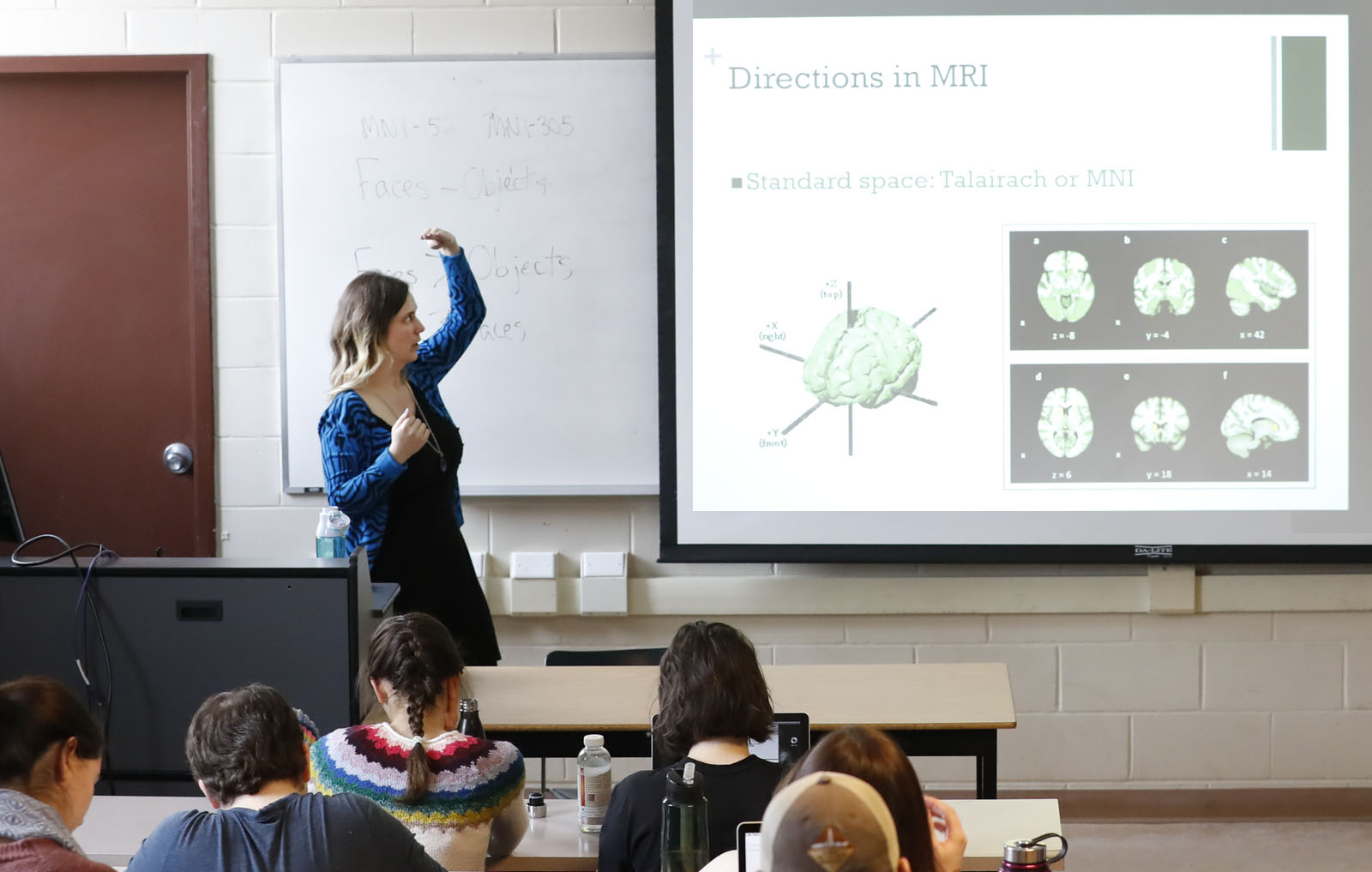
PSYC 1001 — Introduction to Psychology I
This course introduces the concepts, problems, and methods of modern scientific psychology. Topics include neuroanatomy and other aspects of the biological bases of psychological processes, learning, motivation, sensation, perception, aspects of cognition, memory, and language.
PSYC 2201 — Cognitive Processes
This course provides an overview of mental processes and activities used in perceiving, learning, remembering, thinking, and understanding. It offers an opportunity to explore current information processing models and their applications. Topics include: attention, memory, language, neurocognition, and thinking and reasoning.
PSYC 2001 — Research Design and Analysis I
This course considers a range of research strategies, including descriptive, correlational, experimental, and quasi-experimental research designs. Other topics include: the research process, ethics in research, defining and measuring variables, sampling, and writing a research report. This course teaches the process of using descriptive statistics to evaluate the results of carefully planned research
COMP 1631 — Introduction to Computer Science
This course provides a broad survey of computer science and an introduction to programming. Topics include: origins of computers, data representation and storage, Boolean algebra, digital logic gates, computer architecture, assemblers and compilers, operating systems, networks and the Internet, theories of computation, and artificial intelligence.
COMP 2611 — Data Structure and Algorithms I
This course introduces effective methods of data organization, focusing on data structures and their algorithms via abstract data types with the use of recursive procedures. It explores the design of flexible file structures and related methods such as indexes, system file structures, and hashed access, and it emphasizes object-oriented programming techniques.
PHIL 3511 — Philosophy of the Life Sciences
In recent decades the philosophical assumptions underlying the life sciences have been seen increasingly as distinct from the physical sciences. This course will examine this difference as well as the linkage between them, then turn to the philosophical issues within evolutionary theory, the notion of species and problems of classification, persistent controversies surrounding sociobiology, genetic control, use of animals in research, and the application of bioethics.
PHIL 4511 — Philosophy of Mind
This course studies the philosophical arguments that attempt to resolve the real nature of mental states vis à vis the physical states of the brain. Topics include how it is we have knowledge of our own sensations, beliefs, desires, and consciousness; how we gain knowledge of other minds; and the more general questions of how we should best proceed to resolve these issues.
LING 3011 — Language and Society
This course introduces issues and methods in the field of sociolinguistics, the study of the interaction between language and the structure and functioning of society. It includes topics in language variation, the contact of languages, and issues in second-language acquisition, with an emphasis on Canadian contexts.
Find a full list of cognitive science courses in our Academic Calendar — Cognitive Science.
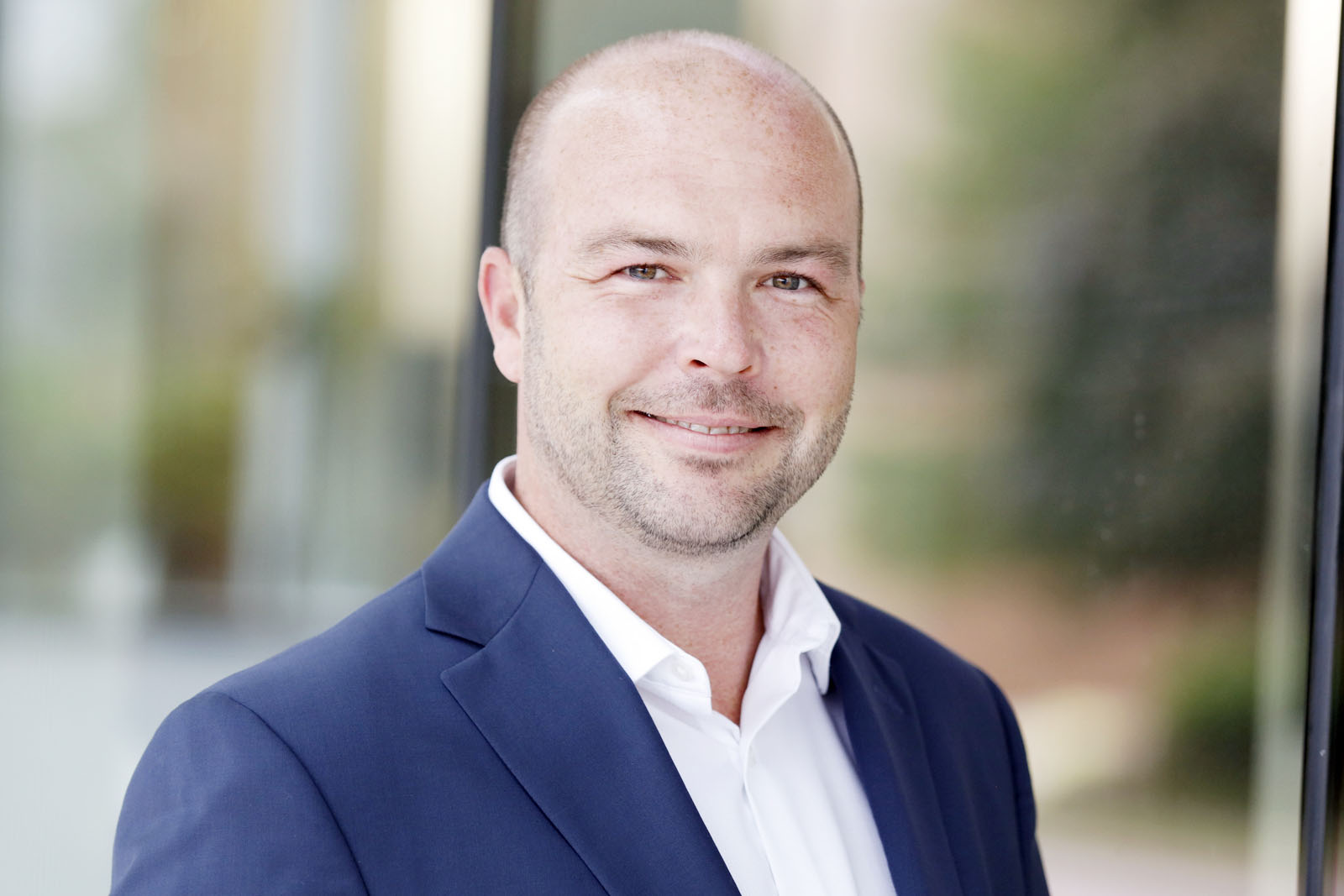
Faculty Spotlight
Dr. Mitchell LaPointe
Psychology and Cognitive Science professor
» Psychology professor examining the cognitive benefits of meditation
Careers
Whether you're entering the job market or continuing your education, your Mount Allison degree will stand out.
Mount Allison has been recognized by Maclean's as the top primarily undergraduate university in Canada more times than any other university.
With experiential learning and career development opportunities available in every degree, you'll also graduate with hands-on learning and real-world experience.
Our graduates also boast extraordinarily high acceptance rates to top graduate programs and professional schools such as law and medicine.
Popular career paths for Cognitive Science graduates include:
- artificial intelligence/robotics specialist
- human-computer interface specialist
- software developer
- speech pathologist
- marketing representative
- web application developer
- product usability tester
- business analyst
- training development
- language processing specialist/linguistics adviser
- cognitive neuroscientist
- occupational therapist
Testimonials
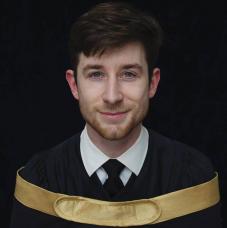
Working closely with professors of Psychology, Computer Science and Philosophy in small class sizes throughout the Cognitive Science degree complements the interdisciplinary nature of the field perfectly. My experience with the program was full of exciting work and unprecedented academic growth that has guided who I am as a scientist and as a person. For someone who has a variety of scientific interests and a curiosity about questions of the brain and the mind I would highly recommend the Cognitive Science degree program.
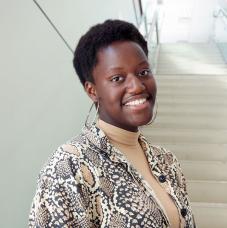
I've always been intrigued by the mysteries of the mind, so when I came across the Cognitive Science program at MtA, studying here was a no-brainer. The interdisciplinary nature is the heart of the program: from courses such a biopsychology, to philosophy of the mind, and artificial intelligence, I integrated notions from various fields towards a broader understanding of cognition. Professors are passionate about their fields and dedicated to students' success. Further, getting involved in research complemented my theoretical background with applied practical skills.
Extras
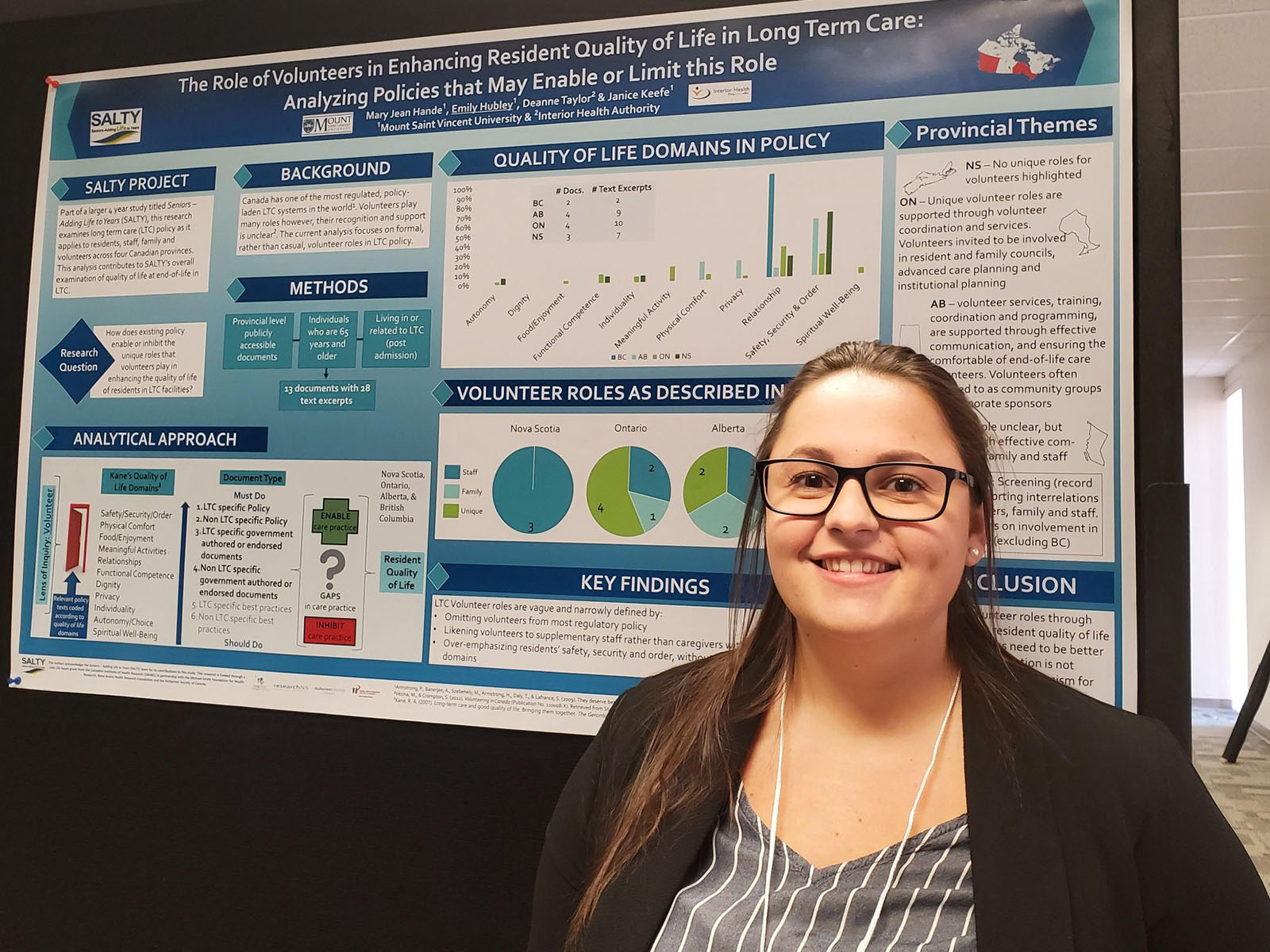
Undergraduate research
Faculty members in the Psychology department all have active research programs in their own area of specializations.
Students are able to participate in the research process in a number of ways:
- faculty members supervise research projects for honours and directed studies students
- students can apply for research awards which allow them to work with faculty members over the summer term
- students can work or volunteer in faculty research laboratories
- students in our introductory psychology classes are given the opportunity to experience the research process by participating in our 'psychology participant pool' and becoming a participant in the many studies conducted each year in the department
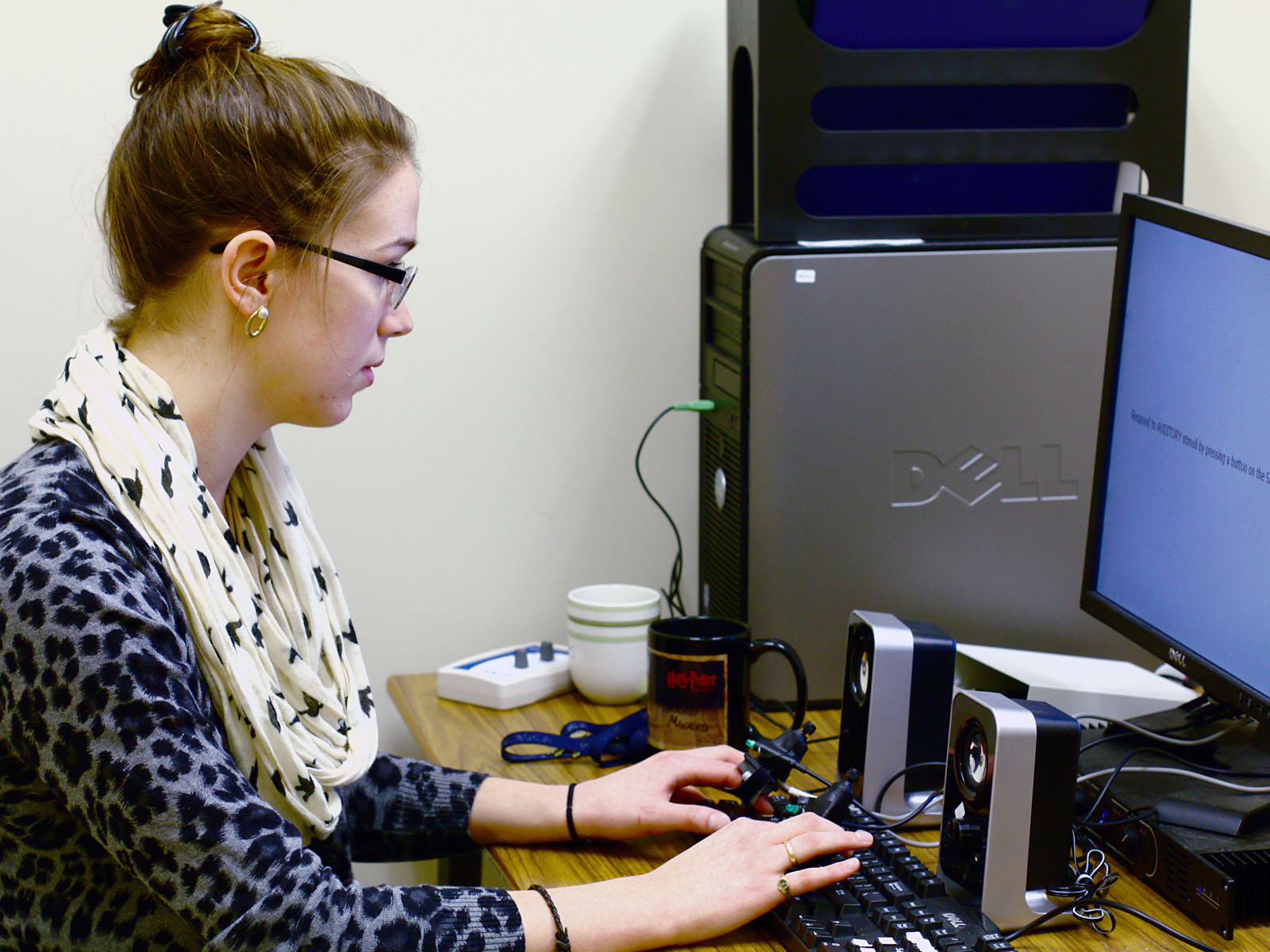
Facilities
Facilities in the Department of Psychology include computers for professional database searches and statistical data analysis, a human interaction observation laboratory, and laboratories for demonstration and research with humans and animals.
Psychology labs include:
- Psychobiology of Stress and Health (PSHL) Lab
- Mount Allison Sexual Health Research Lab (MASHLab)
- MtA Personality Lab
- Cognition Education Lab
- Neuroscience Lab
/current-students/department-psychology
Admission Requirements
Academic Awards
Mount A is #2 in student awards
Maclean’s ranks Mount Allison second in student and faculty awards in its latest University Rankings. To date, 56 Mount Allison students have become Rhodes Scholars — one of the best per capita records in Canada.


